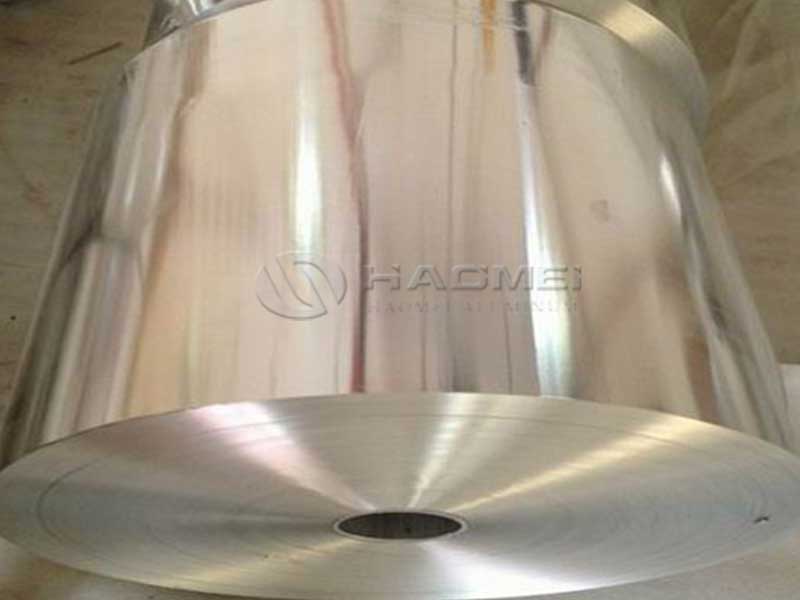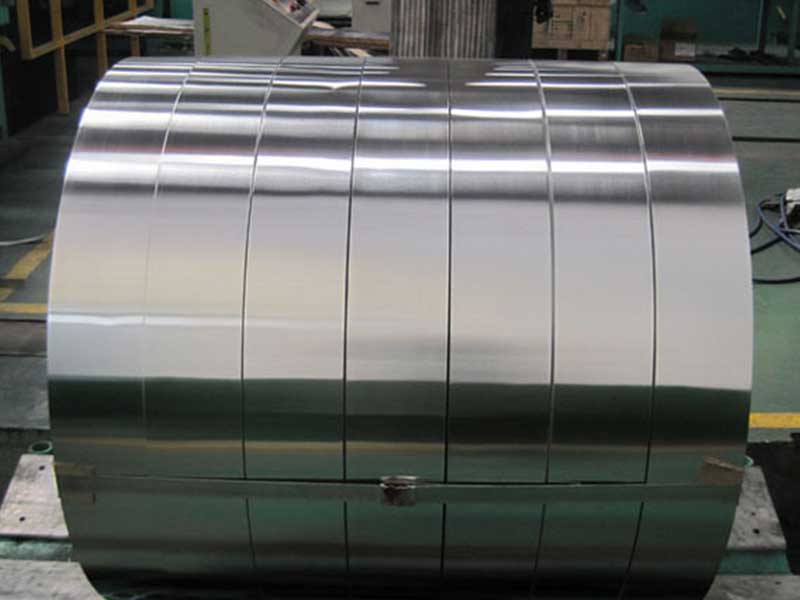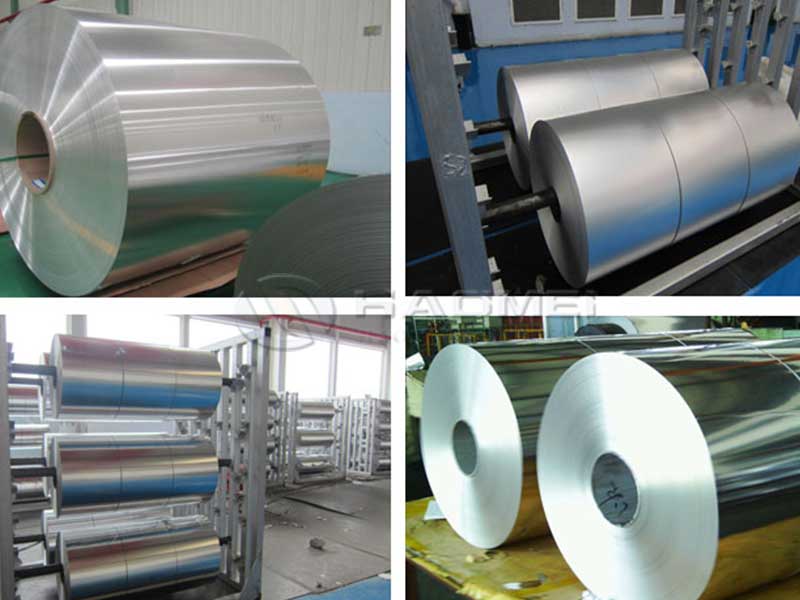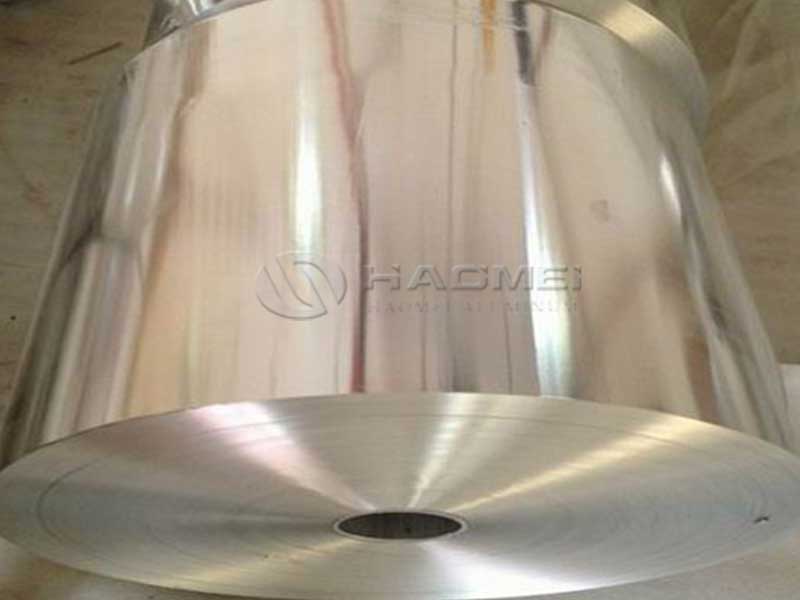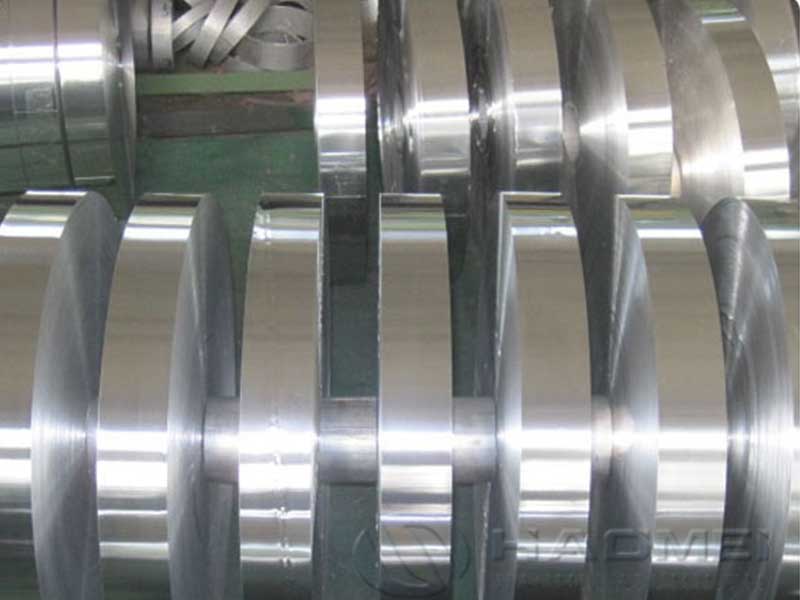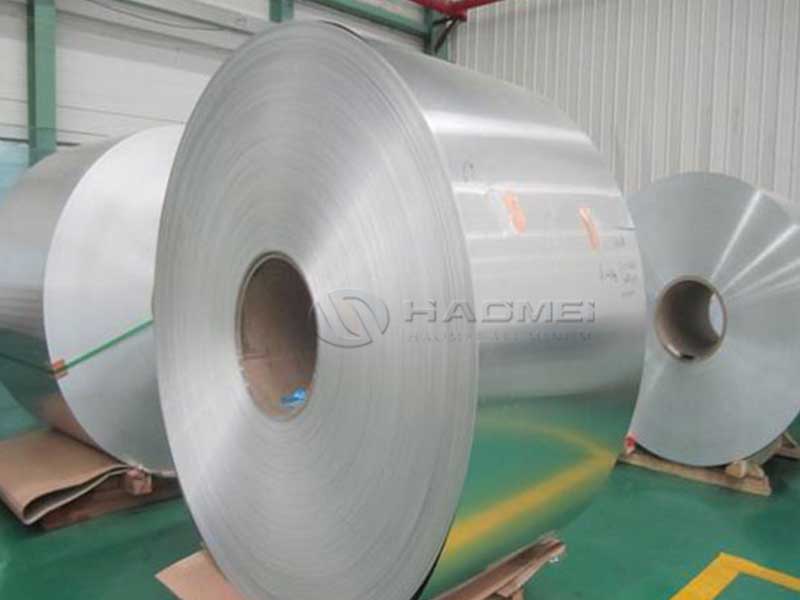Aluminum foil 1050 1060 1070 1100 3003 Cold
Aluminum foil is an exceptional material celebrated for its versatility and wide range of applications across diverse industries. Particularly, grades 1050, 1060, 1070, 1100, and 3003 excel as cold-rolled aluminum foils, each with distinct sources of utility rooted in their chemical composition and physical characteristics. Understanding these properties and applications can greatly benefit businesses and consumers alike looking to harness aluminum foil's potential.
Features of Aluminum Foil Grades
- Aluminum Foil 1050
- Purity: Considered one of the purest forms of aluminum (99.5% or more), this grade offers remarkable electrical conductivity.
- Lightweight: Its lightweight nature and pliability make it suitable for wrapping sensitive materials.
- Corrosion Resistance: Fileds exceptional resistance to corrosion, ensuring longevity when exposed to various environments.
- Aluminum Foil 1060
- High Formability: With good ductility, grade 1060 easily becomes thin sheets necessary for food packaging and crafting, thus enhancing thermal stability.
- Brilliant Reflectivity: Booths a shiny surface that reflects heat, making it ideal in insulation applications.
- Affordable: An economical option for many consumers and businesses looking for efficient packaging strategies.
- Aluminum Foil 1070
- Enhanced Conductivity: Similar to 1050, this grade has a purity level reaching around 99.7% that further enhances its electrical conductivity.
- Visually Appealing Finish: Being highly decorative, it is familiar to find it in artistic applications for crafts and RGB projects.
- Good Thermal Resistance: Gives extra thermal resistance used in baking and application processes requiring heat exposure.
- Aluminum Foil 1100
- Strength and Flexibility: This alloy majorly comprises aluminum and about 1% copper, affording robust performance in both heat and cold.
- Hygienic: Qualities make it perfect for food applications as it stands efficient in biology and retrospective strength during high-heat initiatives.
- Versatile Manufacturing: Often utilized in chemical equipment and heat exchangers, items fabricated from 1100 demonstrate structural rigidity over time.
- Aluminum Foil 3003
- Workability: It contains a small percentage of manganese which provides moderate strength and further makes the foil easy to machine.
- Ideal for Soft Packaging: Widely adopted in households in utensils and food wrapping flexibility making it popular across the soft packaging realm.
- Good Resistance: When correctly textured, aluminum 3003 foil exhibits uneven resistance attributes making it suitable for commercial cooking oils and adhesives.
Applications of Aluminum Foil Grades
Aluminum foil showcases a spectrum of applications, largely dependent on the various grade characteristics.
-
Food Packaging: Aluminum foils of grades 1050, 1060, and 3003 are crucial players in the food industry, providing lightweight, hygienic, and barrier protection for preserving food freshness.
-
Thermal Insulation: A staple in construction and electrical engineering, grades 1100 and 1060 aid in thermal insulation with specific traits, including their radiant properties, present in energy-efficient building projects.
-
Electronics: The enormous conductivity of aluminum 1050 and 1060 makes them distinct contributors to cables, switches, and electrical insulation applications.
-
Pharmaceutical Use: The alloys can effectively wrap medicines, assisting those where contaminant protection and shelf-life extension need to extend product potency without compromising structure.
https://www.alusheets.com/a/aluminum-foil-1050-1060-1070-1100-3003-cold.html

